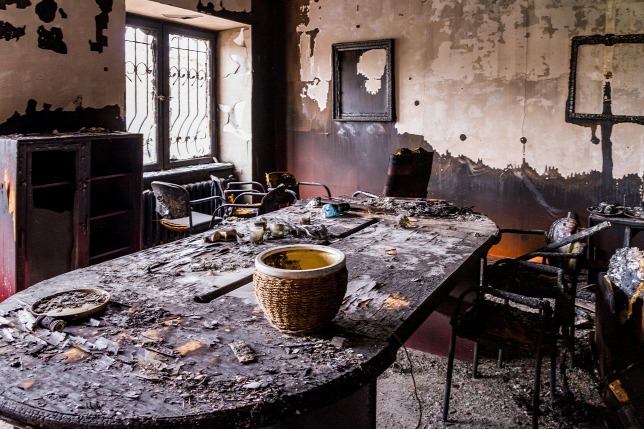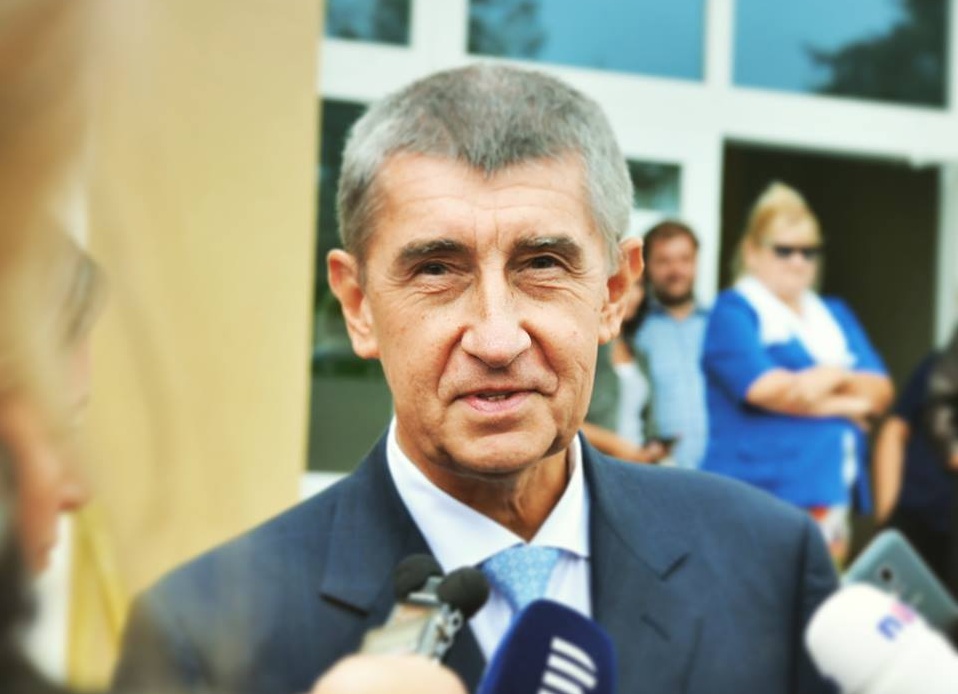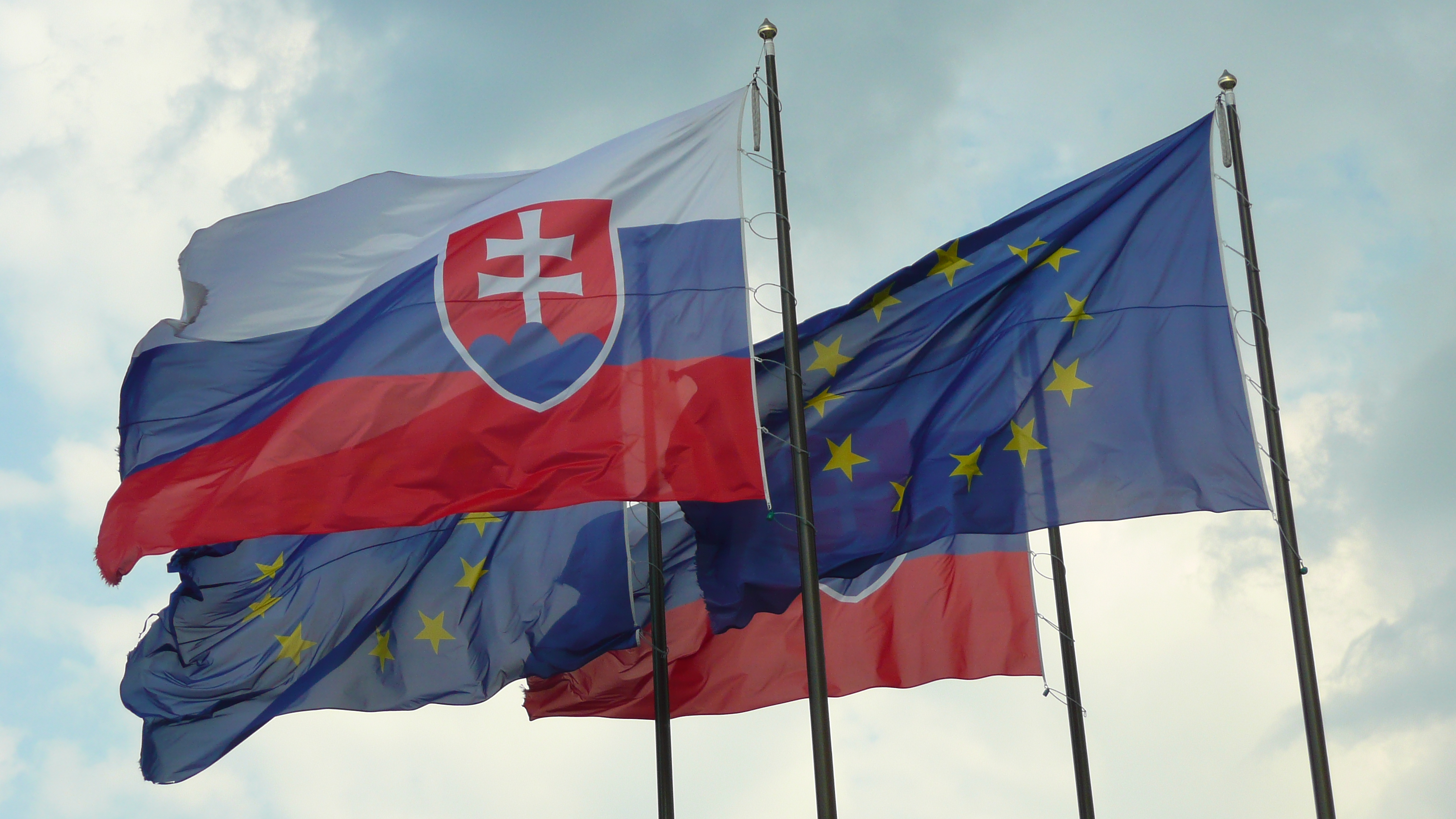By Ferenc Almássy.
Ukraine, Transcarpathia / Subcarpathia – Recently, many articles have been published, all more alarmists than the others, on the situation of Hungarians in Ukraine. Everything is definitely not fine, but a warm down and a clarification are needed as provocations multiply and many are those who fuel tensions.

A certain European press is alarmed at the plight of Hungarians in Subcarpathia – as a Hungarian, I choose to use this name rather than Transcarpathia; it is after all a matter of geographical point of view – which obviously, at first glance, rejoices me. But in a context of hybrid wars, “fake news” and “soft power”, nothing is left to chance.
Ukraine is a wobbly young state with no proper state tradition and a calamitous economic situation; not to mention of course Crimea and Donbass. Ukraine is trying to give a pledge to the United States, for reasons of its own, and that I will not comment here. And among these pledges, the Ukrainian government decided to put in place a strongly Jacobin measure, evoking the European chauvinism of the nineteenth century: its educational reform aims to impose Ukrainian as an exclusive language in all schools, including those of national minorities (Russian-speaking minority, but also Hungarian, Polish, Romanian, or Bulgarian ones).
Initially, this reform was about to impose Ukrainian as the only language used in the secondary. Now we know that this will eventually affect all schools, including primary schools, and that even school staff will have to speak exclusively Ukrainian in school premises. This is how the Third French Republic for example has eradicated or sentenced to death most of the languages and patois of France less than 100 years ago.
Therefore, alarmist articles are multiplying, especially in Hungary, where a feeling of helplessness and anger, all mixed with sadness and nostalgia for Hungary before Trianon, fills the patriotic press.
The national-conservative Fidesz government, 40 days ahead of parliamentary elections in a tense internal political climate, must keep its image of protector of Hungarians abroad (they are 1.2 million in Romania, 500,000 in Slovakia, 230,000 in Serbia, 150,000 in Ukraine). Hence the inflexible blackmail of Hungarian foreign affairs following the announcement of this law on education – which has been denounced by everyone, from Russia to Poland; only the United States welcomed this and openly congratulated the Rada – Ukrainian parliament – for this reform.
All this is added to the lack of application of regional autonomy voted in 1991, and the conscription of young Hungarians for the Donbass war that destroys the Hungarian community already so weakened in this region. Paradoxically, the granting of Hungarian passports to Ukrainian citizens of Hungarian nationality (that is, culturally and / or ethnically Hungarian) by the government of Viktor Orbán, as well as the visa-free regime for the Schengen area to Ukrainian citizens contribute to empty the Subcarpathia of its Hungarians, who have been there continuously for at least 11 centuries and who suffer from a disastrous demographic crisis. Within a few generations, Hungarians may well disappear from Ukraine if things stay that way.
One might see things differently knowing the above-mentioned facts. And see from another perspective the issues surrounding this desolate community.
After the many provocations of Ukrainian nationalists against the Hungarians of Subcarpathia, these last weeks a new series of provocations took place… but this time, it is not about parades of Ukrainian nationalist movements. Since early February, tensions have been fed: banners written in a Hungarian out of google translate in order to provoke the Ukrainians, anonymous video where Polish and Hungarian flags are burned by four young people claiming to be “Ukrainian nationalists”, two attempts – including a successful one – of arson of the Hungarian Cultural Center of Ungvár (Uzhhorod) …
According to the representative of the Hungarians of Subcarpathia, “someone is trying at all costs to destabilize Subcarpathia, which we do not want”. For Zsolt Németh, the chairman of the Hungarian Parliamentary Defense Committee, the aim of the cultural center’s arson is to terrorize Hungarians in Ukraine. And all this, he stresses, in a strange silence of the Ukrainian and European authorities.
And to complicate even more the matter: the Ukrainian authorities have arrested two Polish citizens, members of the national-revolutionary organization and pro-Russian Falanga, accusing them of being at the origin of the failed arson attempt of early February.
There is no doubt that a number of forces have an interest in a deterioration of the situation in Subcarpathia. A quick glance at the press leaves a terrible doubt. On the one hand, some blow on embers, to generate a new front against Ukraine – and maybe even favor the creation of a new confrontational front for Kiev? – and on the other, one also blows on the embers comparing Orbán to Putin, and making believe that the Hungarian government would secretly want – did you said conspiracy theory? – recover Subcarpatia – Orbán will surely send his ten tanks, Ukraine should be terrified!
In short, the instrumentalization of the Hungarian minority benefits some, but certainly not the main stakeholders: the Hungarians of Subcarpathia. In this context where artificial tensions are maintained and reinforced by various forces, it is more important than ever to step back and get out of this logic of confrontation. It is important that any provocation be condemned. And the Ukrainian authorities must stop turning exclusively to the United States for they are opposing Russia, and learn to build special ties with Ukraine’s neighbors, who are asking for that: the V4 has every interest in a stable, prosperous and soothed Ukraine.
Hungary itself has been until September – the date of the vote on the controversial law on education – Ukraine’s main support on the international scene for its accession to the EU visa-free regime.
The time has come for Ukraine to gain height, and not to repeat the past mistakes of its neighbors: the Hungarians paid the high price for their chauvinist attempt of the nineteenth century to magyarise part of the non-Hungarian peoples of Hungary. Jacobinism is not the way to go for a European country rich of many rooted nationalities.
The Visegrád group is potentially the best ally of Ukraine; not the United States, which has no understanding of the peoples of the region, nor regard for the interests of the region. But for this, Ukraine must dialogue, and ensure the safety of its minorities, and in the first place today, of the Hungarian minority.



